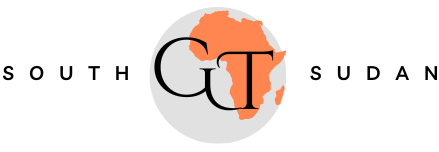South Sudan’s oil field. |File photo|
A Dubai-based firm has agreed to lend South Sudan’s government $12 billion in exchange for repayment in oil, according to a copy of the deal’s term sheet and an unpublished UN report, potentially piling pressure on squeezed public finances, Reuters reports.
The deal would be the largest oil-backed loan South Sudan has ever taken out, according to the report written by a UN panel of investigators for Security Council members. The country’s gross domestic product (GDP) is about $7 billion.
The UN report is due to be published soon.
The agreement was signed on 28 December by South Sudan’s former Finance Minister, Bak Barnaba, and Hamad Bin Khalifa Al Nahyan, chairman of the Hamad Bin Khalifa Department of Projects (HBKDOP), according to the term sheet seen by Reuters.
It was not clear if the first tranche of the loan, worth $5.24 billion, had been delivered yet.
South Sudan’s Minister of Information Michael Makuei denied such a deal had been signed, asking: “How can one minister sign such a document alone on behalf of the government?”
He declined to comment further when Reuters shared with him a copy of the signed term sheet.
HBKDOP’s chairman, Al Nahyan, did not immediately respond to a request for comment sent to his LinkedIn account.
Reuters was unable to reach Barnaba, the former finance minister, who was replaced in March without explanation. A finance ministry spokesperson said he could not comment because he was out of the country.
South Sudan will receive the cash in dollars or euros, in exchange for crude delivered at discounted rates of $10 per barrel less than international benchmark prices, the term sheet says. The country produces about 150,000 barrels per day.
Infrastructure projects will receive 70 per cent of the funds, while 30 per cent will go toward the country’s working capital.
The UN report said servicing the loan was likely to tie up most of South Sudan’s oil revenues, which account for more than 90 per cent of public revenues, for many years.
South Sudan is locked in a dispute with the Qatar National Bank after it failed to supply crude oil to service a 2012 loan that had grown to more than $600 million, the UN panel said.
Oil revenues have been a source of significant corruption, South Sudan’s government has acknowledged. President Salva Kiir said in 2012 that officials had stolen an estimated $4 billion of public money.




